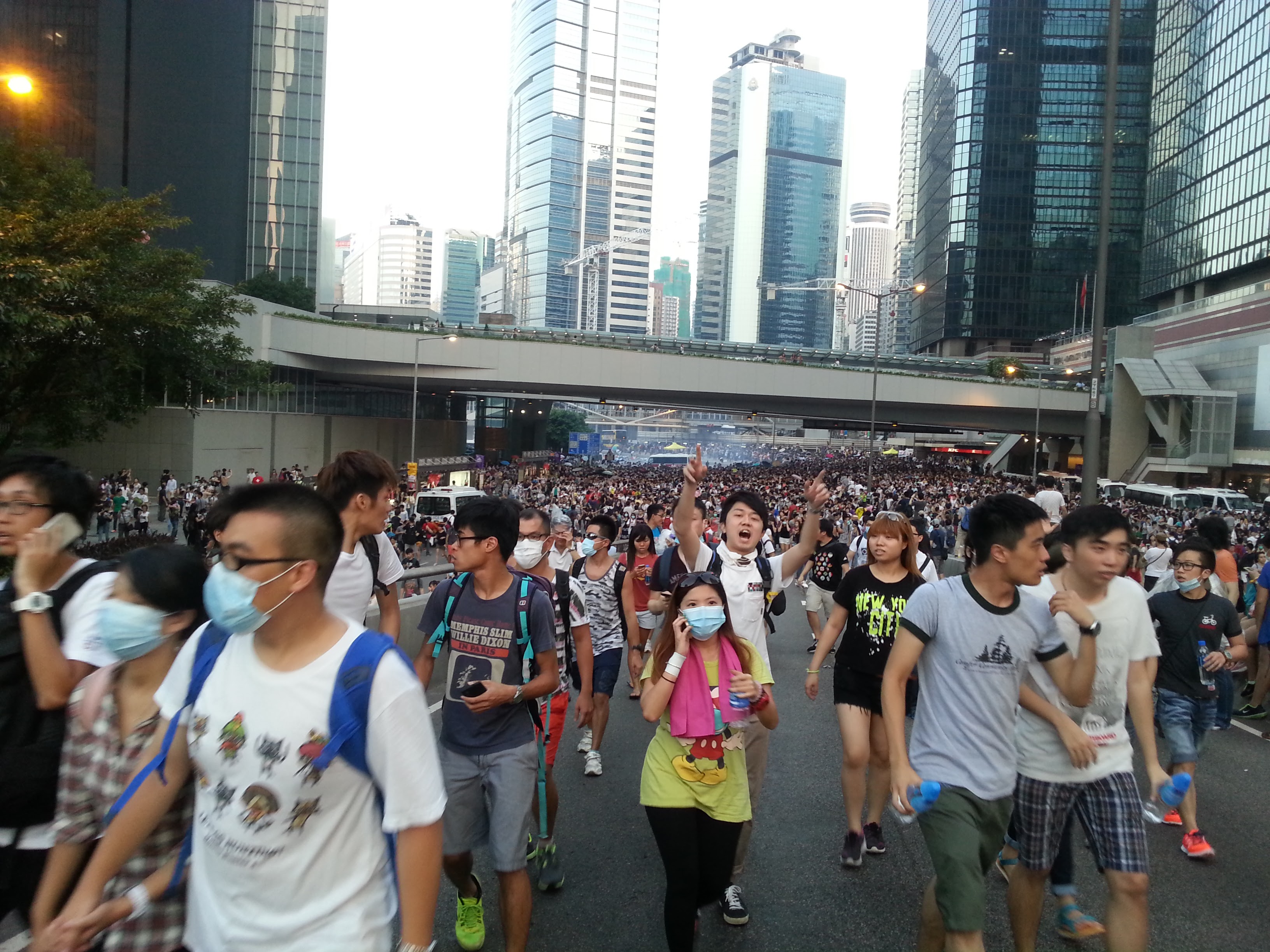When more than 80 percent of the workforce are trade union members in secure, well-paid employment, you might be forgiven for getting a little complacent. Not so the Icelandic Confederation of Labour (ASI), the umbrella organization which represents 123,000 workers across the island. Founded more than a hundred years ago in 1916, ASI is still determined to get the best deal for Iceland’s workers and to address major social issues such as the growing gap between rich and poor, the housing shortage and gender inequality.
The most pressing issue for the union at present, according to ASI General Secretary, Guðrún Ágústa Guðmundsdóttir, is the forthcoming round of collective bargaining. This is important because there is no single minimum wage in Iceland, rather it is the job of the trade unions in each sector to negotiate a minimum wage, based on skills and seniority, with the relevant employers’ organization. In 2017, the minimum pay of a 22-year-old general worker in the construction industry was 262,515 Krona per month and 260,728 Krona (about 2,100 Euro) in the restaurant and catering industry. For more qualified workers such electricians, carpenters and plumbers, the minimum wage increases to 354,430 Krona (2,835 Euro). Individual workers are also free to personally negotiate higher wages with their employer. Continue reading
